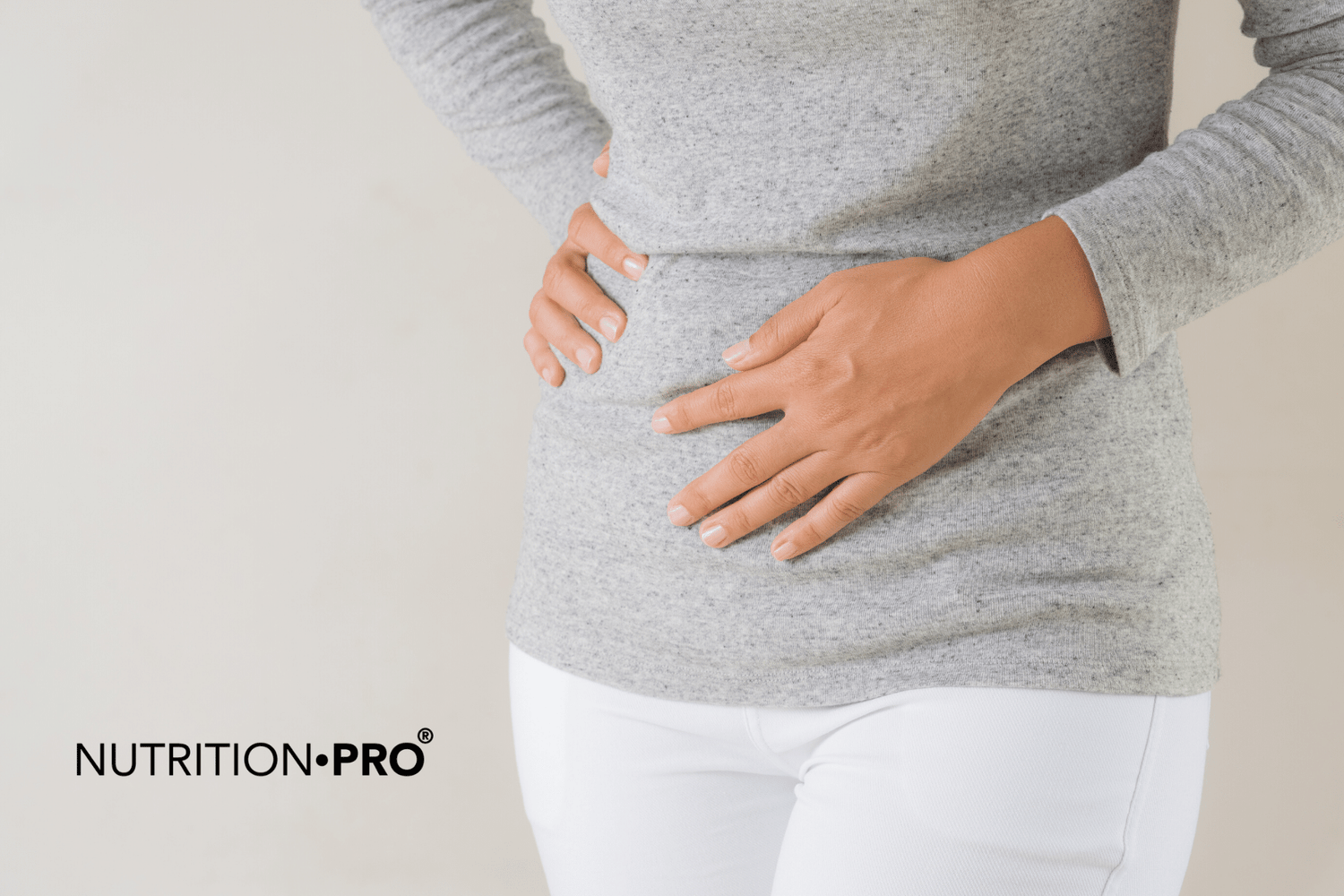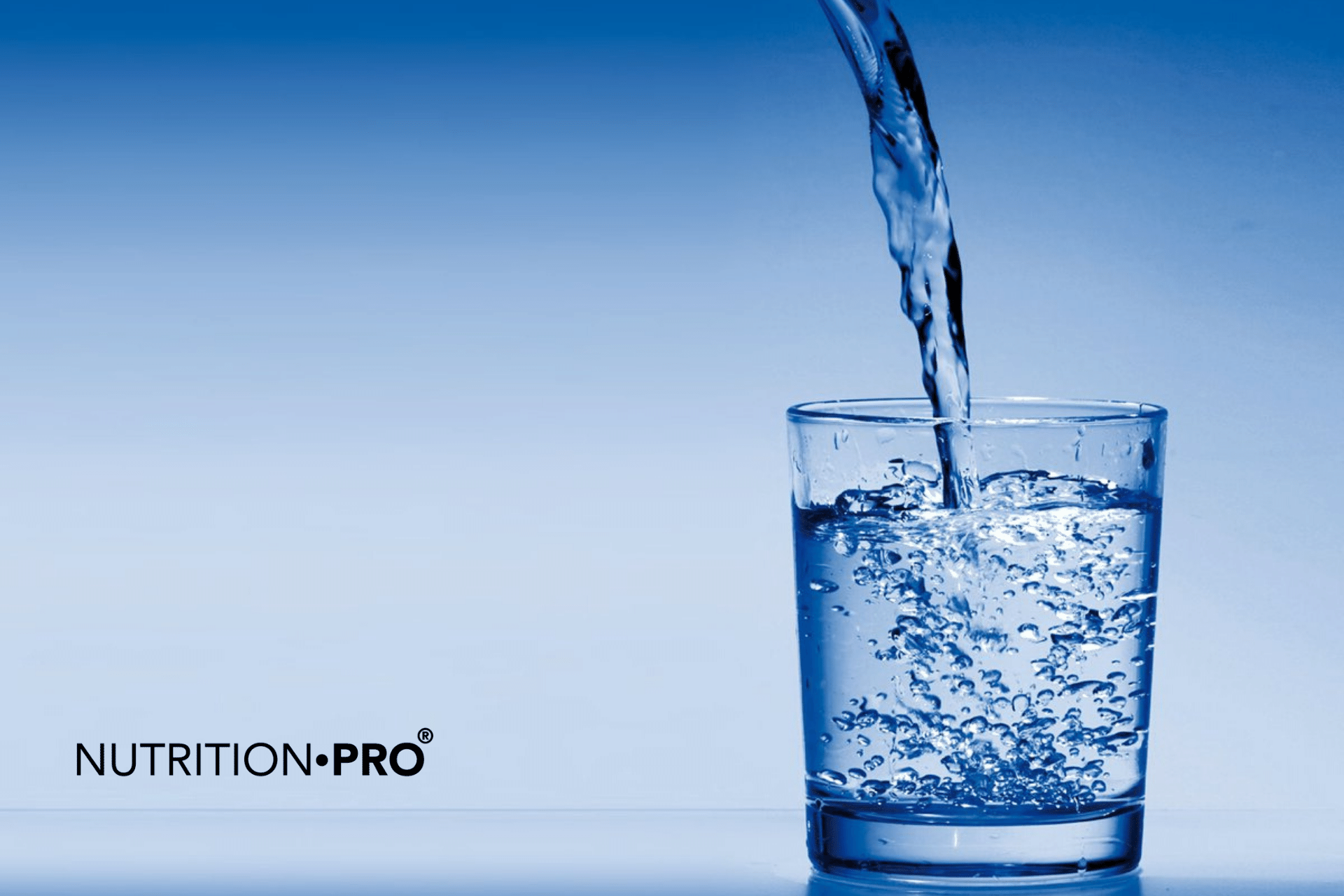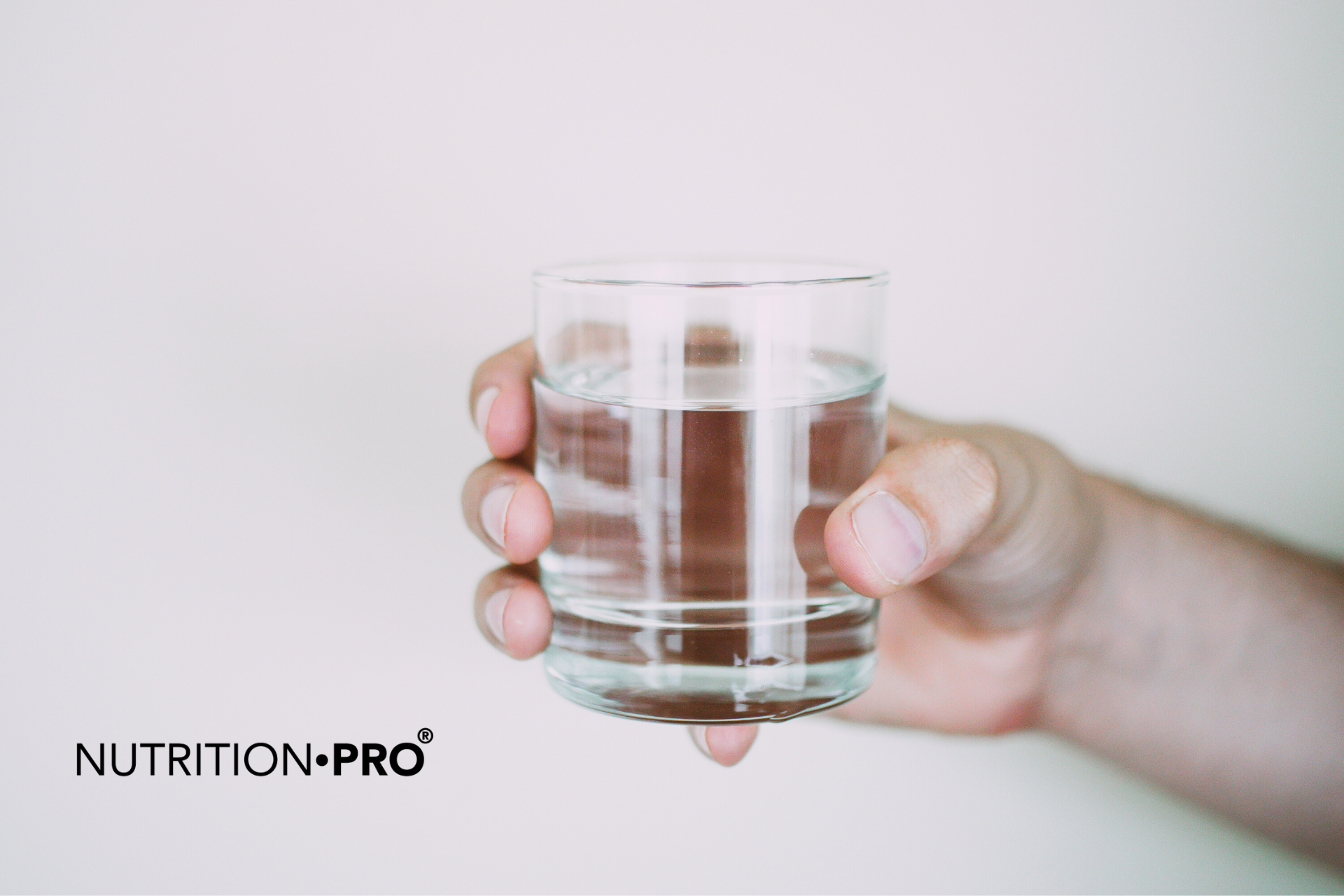Bloating is swelling of the abdomen due to the accumulation of intestinal gas. This phenomenon is usually caused by excessive gas production or caused by disturbances in the muscles of the digestive system.
According to the AP&T (Food Pharmacology and Therapeutics) journal, 16-30% of the world's population report experiencing bloating on a regular basis, so it's a very common occurrence. Although bloating is sometimes caused by serious medical conditions, it is most often caused by nutrition and certain foods or ingredients that you are intolerant to.
Simply put, bloating involves excessive amounts of solids, liquids, or gas in your digestive system. However, in some people, bloating is mainly produced by increased sensitivity.

Discover Probiomix, a complex of effective probiotics to fight against bloating
So you wonder how to reduce bloating ? Now let's see the tips:
1/ Eat slowly and control your portions
Being full can feel bloated, except the problem is that you just ate too much.
If you overeat and feel uncomfortable afterwards, try eating smaller portions first.
Proper chewing of food can have a double effect. It reduces the amount of air you swallow while eating (a cause of bloating) and also makes you eat more slowly , which will lead to reduced food intake and therefore smaller portions ingested .
2/ Exclude foods to which you are intolerant
When you eat foods you can't tolerate, it can cause excessive gas production, bloating, and other symptoms.
- Lactose: Lactose intolerance is coupled with many digestive symptoms, including bloating. Lactose is the main carbohydrate in milk .
- Fructose: Fructose intolerance can also cause bloating .
- Eggs: The gas and bloating are common symptoms of egg allergy.
- Wheat and gluten: Many are intolerant to gluten, a protein found in wheat, spelled, barley and some other grains. Consuming gluten can lead to various adverse effects on digestion, including bloating.
Do not hesitate to consult a doctor if you think you are subject to any intolerance.
3/ Avoid soft drinks
Sodas and soft drinks in general contain bubbles of carbon dioxide, a gas that can release liquid after reaching your stomach.
Chewing gum, drinking through a straw, and eating while talking or in a hurry can also cause an increase in the amount of air swallowed and cause bloating.
4/ Take probiotics
Probiotics are live microorganisms that have beneficial effects on our body.
Gas produced by gut bacteria is a major contributor to bloating. There are several types of bacteria that reside there, and they can vary between people.
Several clinical studies have shown that certain probiotic supplements can help reduce gas production and effectively reduce bloating in individuals with digestive problems.
However, effectiveness varies with each individual, as well as the type of probiotic used.
5/ Use peppermint capsules
Peppermint oil capsules are also helpful for indigestion and associated gas. Manufacturers typically market them as a treatment for symptoms of irritable bowel syndrome , but people who don't have it can also use them to relieve bloating.
Peppermint works by relaxing the intestinal muscles, which will allow gas and stool to move more efficiently. Nonetheless, anyone prone to heartburn should eventually avoid peppermint.
6/ Reduce your salt intake
An excess of ingested sodium causes the body to retain water. This can cause a feeling of swelling and bloating in the stomach and other parts of the body, such as the hands or feet.
7/ Be careful with alcohol
Sugar alcohols are commonly found in sugar-free foods and chewing gum.
These sweeteners are generally considered safe alternatives to sugar.
However, they can cause digestive problems in large amounts. Bacteria in your large intestine digest them and produce gas .
Sugar alcohols are also FODMAPs, so they are excluded from a low-FODMAP diet.
Try to avoid sugar alcohols like xylitol , sorbitol and mannitol. sugar alcohol erythritol may be better tolerated than others, but may also cause digestive problems in high doses.
8/ Make an appointment with the doctor
Finally, as a last resort and if your bloating persists, consult your doctor.
Generally, bloating can be reduced - or even eliminated - with simple dietary changes. Healthy and adapted nutrition is essential for your well-being.















